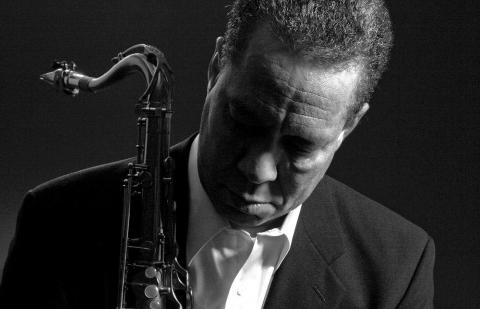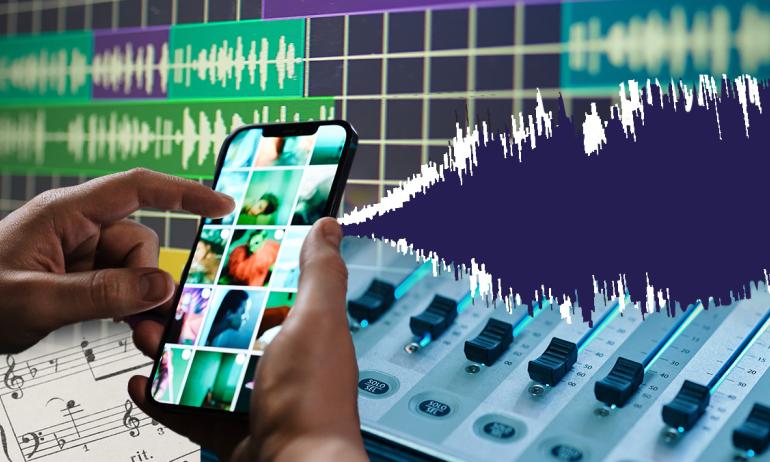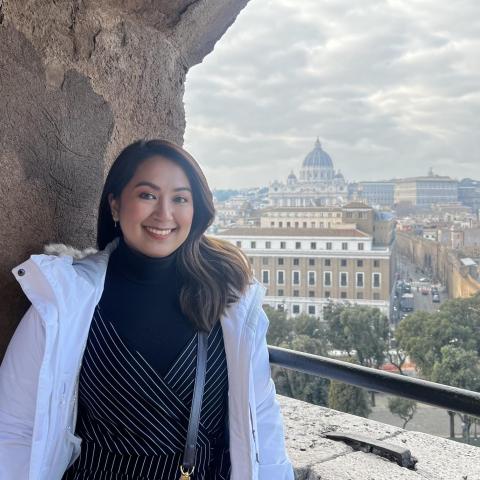Integrity and Artistry: Celebrating Bill Pierce

Saxophonist Bill Pierce, chair emeritus of Berklee's Woodwind Department
Image courtesy of Lucy Cobos
“Since its invention, the tenor saxophone has always been a part of American popular music,” says Bill Pierce of his instrument. Through the second half of the twentieth century, a number of the most influential artists in jazz played the tenor: Sonny Rollins; John Coltrane, of course; the list goes on. The instrument has remained one of the most recognizable sounds in jazz music up to the present day, a fixture in countless classic recordings and ensembles—much like Pierce himself.
By now Pierce’s impressive résumé is well-documented. He got his start playing with R&B and funk bands in Boston clubs while studying at Berklee by day. “For my generation, that’s how you learned to play,” he says. “You got to be a part of a band in the neighborhood.” Soon Pierce was playing gigs well beyond Berklee’s backyard. At one point, he took time off from his studies at Berklee to tour with Stevie Wonder. He played with masters such as Freddie Hubbard, Art Blakey, and Tony Williams, the former drummer for Miles Davis. And while he was making a name for himself performing with some of the biggest names in music, Pierce also served as a member of Berklee’s Woodwind Department for more than 40 years. He is now chair emeritus of the department.
On Wednesday, September 26, Berklee will celebrate Pierce’s legacy as a saxophonist and educator with a Signature Series concert at the Berklee Performance Center. The show, the Art of the Tenor, will feature performances from former students, colleagues, and Pierce himself, who will lead an organ quartet—an instrumentation he says he’s always wanted to work with—featuring Terri Lyne Carrington ’83 ’03H on drums, former Tonight Show bandleader Kevin Eubanks '79, '05H on guitar, and former student Jake Sherman B.M. ’13 on organ.
Teaching Integrity
For Pierce, playing and teaching formed a career-spanning symbiotic relationship. Through teaching, “you actually learn from your students,” he says, “[and] you learn to codify some of your ideas about music and the instrument you play.” Yet his goal was never to replicate his own style or tastes in the next generation of musicians. “You don’t teach students to be who you are. You try to teach students to be themselves.”
As a career performer who made enduring musical contributions as a sideman, Pierce stressed to his students the singular importance of “musical integrity”—approaching every aspect of musical work with a high level of professionalism and musicianship. Musical integrity, he says, grows out of respect: respect for the audience, respect for the bandleaders and fellow performers, and “respect [for] the music that you’re playing, no matter what it is.”
“[Pierce] taught me the valuable lesson that everyone in the band has to understand everyone else’s job, not just their own,” says Sherman, who first met Pierce at a youth jazz program, before entering Berklee. “I am indebted to Bill for this, as it has informed the way I play music in any genre.”
Beyond Nostalgia
When Sherman and the rest of the ensemble join Pierce onstage this week, they will perform pieces drawn from the past 50 years of jazz music, by composers including Tony Williams, Joe Henderson, and Pierce. But even in celebrating the significant legacy of this music, Pierce’s attitude is not wistful or backward-facing. As has been true throughout his career, Pierce is concerned with serving the music and the audience well, here and now. “We don’t play jazz to be nostalgic,” he says. “And why should we?”



